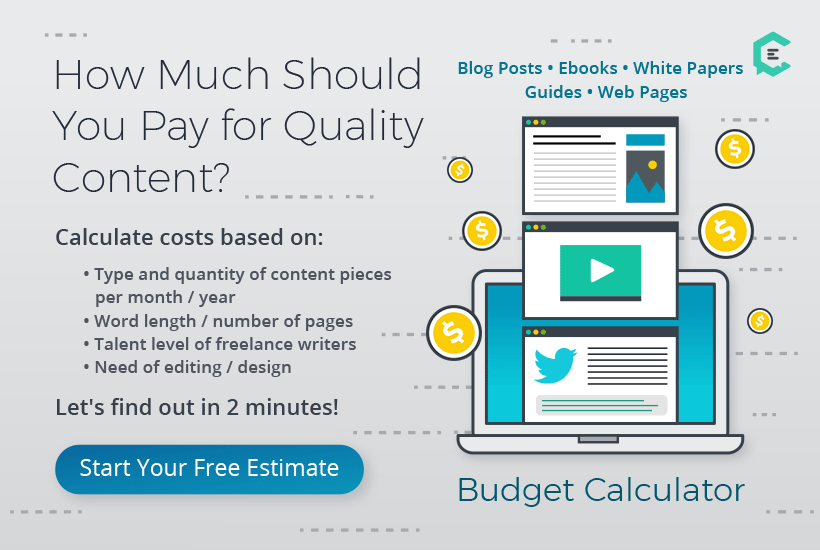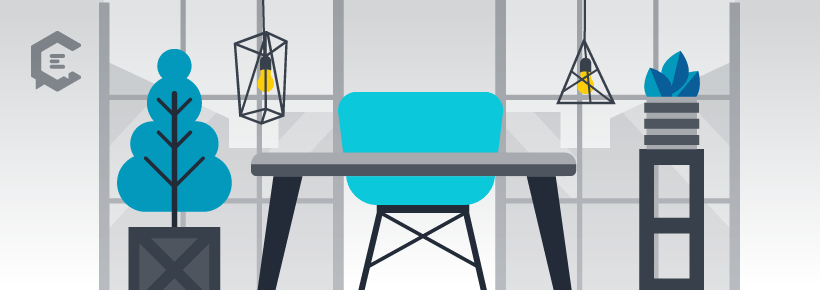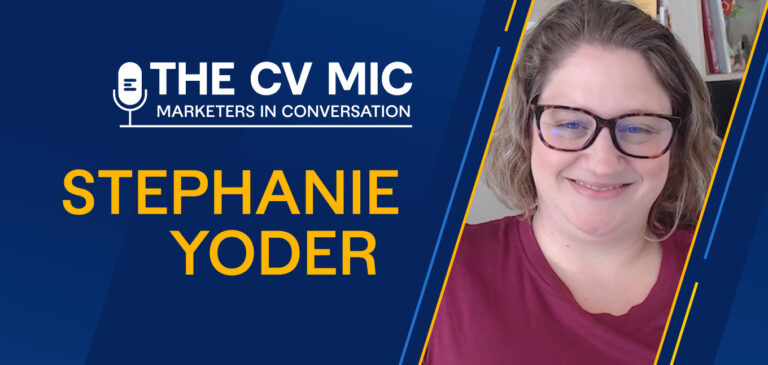We’ve talked a lot about the gig economy, and the outlook is always uncertain for creatives. Netflix is buying ideas for tens of millions of dollars, while Fiverr is brokering them for the cost of a cup of coffee. No wonder a lot of creatives have trouble knowing their worth and/or planning their future.
However, Alan Philips, one of the most successful Chief Branding Officers and blue-sky brand marketers of this generation, believes that the future-looking economy is defined by different parameters — and his theory empowers creatives much more. In his manifesto (online and full-length print book) ‘The Age of Ideas‘, he posits that “creativity is the last sustainable competitive advantage, and the primary driver of future value creation.”
In the book and on his website of the same name, Philips unlocks his toolbox and showcases what works best for him and other overachievers in the space. He ruminates on success stories and “Someday Sermons” with the help of iconic personalities and brand masterminds.
Chatting with the brand marketer who helped take WeWork global — who truly can claim to have created today’s co-working and co-living paradigms — is a perfect way to kick off 2019. Not only because of his long list of renowned collaborators or to skim ‘The Age of Ideas’, but also because to this day he maintains a huge “day job” as the Chief Branding Officer of Turnberry (one of South Florida’s largest luxury residential/hospitality/retail companies). If this guy can have a C-suite creative job, a published book, a loving family, famous friends, and a digital project that inspires others to live their best lives — then you can finish that draft, friends.
Inspire your 2019 with Alan’s insights on…
Finding and nurturing talent as an employer…
CV: In your book, you provide a recipe or blueprint for young people to realize their full creative power. As an employer, how do you spot a person who seems poised to follow that blueprint? How do you nurture those people?
Alan: As an employer, what I’m looking when I speak with someone: Are they self-aware? Have they taken the time to understand themselves? If yes, how do they contribute in a meaningful way while serving their internal emotional needs? Will this job provide them with fulfillment? The only way someone will be the best at what they do is if they’re truly engaged and aligned. If not, they’ll be thinking a lot about their side hustle or something else that makes them happy.
Employers should indulge their employees. As long as said employees are doing a good job delivering on their responsibilities, they should be able to choose to do things they love. By indulging the employees’ ability to do something they really care about at work, companies might be surprised at how much value can be created. [The ultimate example of this is probably Google’s “20 Percent Time” policy.]
Being a curator of experiences, stories, and people…
CV: What are you most proud of having curated lately?
Alan: My book, ‘The Age of Ideas’. I looked at companies I really respected, that had been able to achieve commercial success without what I’d call “selling out.” It’s rare to be able to achieve both revenue and relevance. All the people and brands in the book, I feel really have been able to drive revenue, while maintaining a certain level of brand value and fulfillment in their own existence for their founders and employees.
I also favored companies and people that hadn’t really been written about in a book form: Supreme, Danny Bowien, Ian Schrager, A24, Tracy Chapman, and my wife Gelareh. I dug into the why and how — I didn’t just analyze the results.
Ronnie Fieg [founder of Kith] is an example that I think is defining the future of retail. He grew up since he was 13 years old working in sneaker stores. The product he makes is a reflection of what he is and has done. Now, he works with an amazing cross-section of brands — from Coca-Cola to Bathing Ape, the biggest of the big and the coolest of the cool. He’s collaborating, exchanging creative energy, but he’s not selling out just to cash in.
How to approach a college education…
Alan: In my opinion, if people are going to go to college, they should go for a reason. Do it for a specific reason — being a lawyer, or a doctor, or an accountant. I went to Cornell School of Hotel Administration. It was very focused on hospitality. It was training toward a certain industry. But equally important to finding myself was a lot of traveling, and reading a lot of books.
The best way to get experience that leads to a “Chief Brand Officer” role…
CV: How does one get the education/training to become a Head of Brand Experience? There is not a degree program, correct? Or is it a sub-category of marketing?
Alan: There’s two types of marketers: growth marketers and brand marketers. Growth marketing is data science-driven, conversion optimization, short term ROI. Brand marketing and “brand experience” is about building products and building trust with consumers over time, creating long-term value and making products and experiences that market themselves. To be a Chief Brand/Marketing Officer, you need to be able to do a little bit of both, or at least understand the value of both.
You get the best practical experience in this by creating your own product. It doesn’t have to be an expensive product, but create a product. Position a product, define the target demographic, create a user experience. Because that’s what I do every day, bring products to market and iterate until we achieve our goals.
And as far as education, it would probably be great to get a programming degree. If there was one more skill I could have — if I could program — that would eliminate my need for a lot of the people I pay.
Surrounding yourself with items that will improve your odds of success…
CV: In a recent career site post entitled “The Physics of Failure,” the author claimed “people, items and voices that surround you on a daily basis will ultimately dictate your odds of success or failure.” We’ve all heard this theory before as pertaining to the people you surround yourself with, but how do you change the items?
Alan: This comes through design in my interpretation. It encompasses the items you wear, what you have on your desk, what you have in your home. I personally like to keep things clean and simple. It allows my mind to be calm, and calm allows me to be more effective in my creative thinking.
When I used to work for Morgans Hotel Group, I loved being in the properties. I was inspired to be more creative every time I saw Ian Schrager’s designs. If you work in a drab office or uninspired space, maybe once a week go work in a beautiful lobby, or a cool coffee shop in a specific neighborhood. It feels great to be there and take in the energy.
On being “discovered”…
Alan: The way in which to differentiate yourself as a creative is to figure out who you are, create something that represents you, and then repeatedly share that over time. Consistency and repetition, that is how you build a reputation, following, and become experienced.
To reference Arthur Schopenhauer’s “three stages of truth” theory: When a new idea is presented, first it’s ridiculed, then it’s violently opposed, and then it’s accepted as being self-evident. So you, as a creative, need to figure out your best platform and do things consistently over time. If you’re present on a regular basis, you will break through and be recognized for what you do differently.

Read more of our interviews with leaders in content:
- Hernan Lopez, Founder of Wondery: Meet the New Podcast King
- Shelly Cohen, Head of Business Development at Wix.com, Shares Website Secrets
- Get Agency Insights With the Content Chiefs at the Award-Winning Redbird Group
- Executive Producer of ‘Family Guy’, Steve Callaghan, on Lessons From a Table-Read






